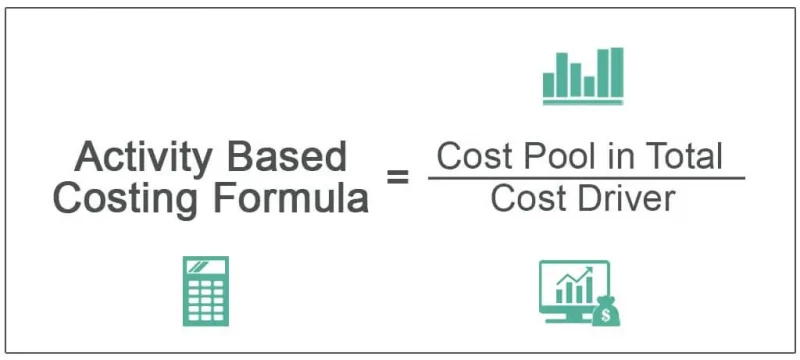Case study
Export Control Framework

In 2012 the Civil Aviation Safety Authority (CASA) requested assistance to provide an Activity Based Costing (ABC) and Cost Recovery Impact Statement (CRIS) for their services provided to Industry. CASA uncovered that their cost recovery assigned to their large customers was not representative of the cost incurred. This problem arose as a result of failure of process within CASA. To address this, it was decided that a standardised costing tool was required for consistency in the pricing of their services.
We started with business process mapping (BPM) of 64 ‘fee for services items’, such as Aircraft’s airworthiness certificates, Pilot Licences etc. Our analysis uncovered that each CASA office had different processes resulting in different cost drivers. After analysing the data, we proposed a ‘standardised process and time allocation model’ to each process involved in the activities. After securing a broad agreement with all stakeholders and inspectors, we provided activity based costing which allocated the full cost pool over various cost drivers. This resulted in standardised costing of all their 64 fee items. Further, in order to prevent internal inconsistencies within CASA, we developed a Cost Estimation Tool for each ‘fee for services item’ for CASA. This template was initially developed in Microsoft Excel. After, the template was tested across all CASA offices, and all feedback from stakeholders and Inspectors were incorporated, the tool was subsequently converted into a web-based ‘online tool’ which was database driven, with standardised costing and operated in real time.
As a result of our engagement, we successfully provided a robust and defensible model for costing and pricing of CASA’s services. Our ABC modelling and its outcome were reflected in the CRIS which was approved by CASA and Government.


